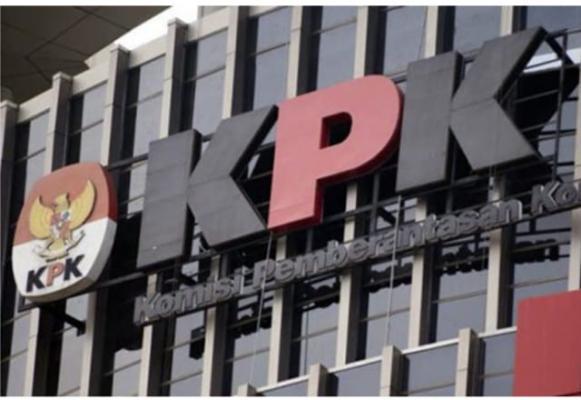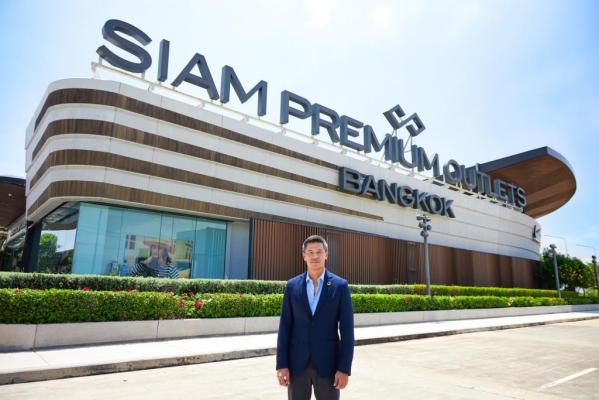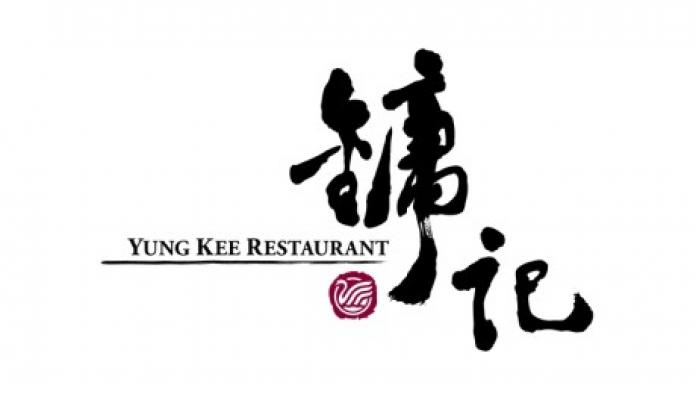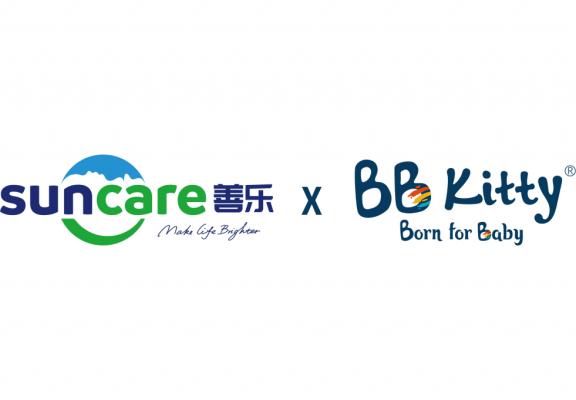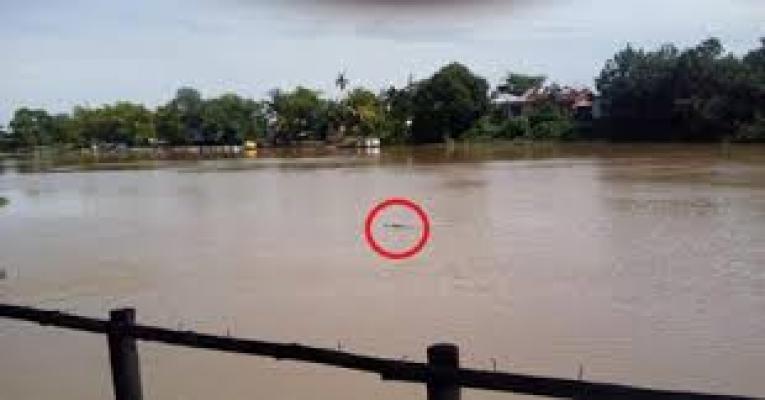- Home
- MediaOutReach
- DHL Global Forwarding Adds to Its Asia Pacific's Life Science and Healthcare Capabilities with Dual-Certified Cold Chain Facility in Malaysia
DHL Global Forwarding Adds to Its Asia Pacific's Life Science and Healthcare Capabilities with Dual-Certified Cold Chain Facility in Malaysia
Rabu, 27 Agustus 2025 | 20:40
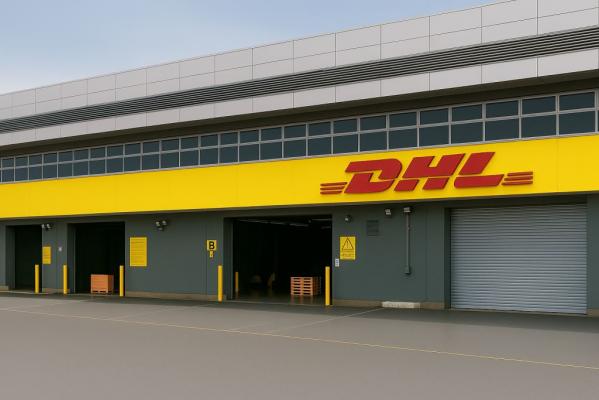
DHL Global Forwarding Malaysia Facility
SINGAPORE -
Media OutReach Newswire
- 27 August 2025 – To meet the growing demand for temperature-sensitive
pharmaceutical logistics, DHL Global Forwarding continues to enhance
its cold chain capabilities in Malaysia, being the first forwarder to
offer a cold chain facility certified for both 15–25°C and 2–8°C storage
within the Kuala Lumpur International Airport (KLIA) Free Commercial
Zone. Spanning over 38,000 square feet, the state-of-the-art facility is
accorded both the
DHL Air GxP certification and the
IATA CEIV Pharma certification, delivering unmatched flexibility and regulatory compliance for Life Science and Healthcare customers.
Based on the World Health Organization's Good Distribution and Storage Practices, the DHL Air GxP certification is a baseline requirement across all DHL pharma stations to ensure upholding of stringent quality and compliance standards. Complementing this is the IATA CEIV Pharma certification, a globally recognized standard that validates DHL's capabilities in handling high-value, time- and temperature-sensitive pharmaceutical shipments.
"Malaysia is strategically located to serve as a regional hub for global medical technology companies, and the fast-growing market is expected to increase at a CAGR of 8.5 per cent from 2023 to 2028, reaching a market volume of US$4.5 billion by 2028," said Praveen Gregory, Managing Director, Singapore, Malaysia and Brunei, DHL Global Forwarding. "Our cold chain infrastructure in KLIA has consistently delivered high standards in pharmaceutical logistics since its launch in 2023, and as demand across Asia Pacific accelerates, we are ready to lead with best-in-class facilities and expertise to support our customers."
Comprehensive solutions to cater to diverse needs and maintain cold chain integrity
To ensure all shipments are handled with utmost care and in compliance with the highest industry standards, all cold-chain shipments are handled by a dedicated team of Life Sciences Specialists who have completed the training and are certified. These staff undergo annual training to stay ahead of evolving industry requirements, armed with vital tools and knowledge needed to understand and meet both customer and regulatory expectations. In addition to implementing a specialized training program aligned with IATA regulatory standards across its key GxP facilities, DHL's CIF Certified Life Sciences Specialist (CLSS) program equally provides a comprehensive curriculum of mandatory training sessions, functional courses, and material to build deep expertise in this highly specialized industry.
DHL's commitment to green logistics is also evident in the KLIA facility's design. The facility is built using CFC- and HCFC-free materials and is fitted with energy-saving compressors and low-noise, low-emission generators. The company is also exploring mobile freezer units capable of operating at -20°C, as well as expanding its service portfolio to include frozen commodities such as vaccines, meat, and industrial chemicals.
Asia Pacific: Fast-Growing Strategic Hub for Healthcare Logistics
Asia Pacific is rapidly emerging as a global center for pharmaceutical innovation, manufacturing, and distribution. According to an industry trend report by Data Bridge Market Research, the region's healthcare logistics market is forecasted to grow from USD 17.6 billion in 2022 to USD 29.5 billion by 2030, at a CAGR of 7.1%. This growth is driven by aging populations, rising chronic disease prevalence, and increasing demand for biologics, vaccines, and clinical trials.
DHL is uniquely positioned to support this growth, with a robust and strategically distributed cold chain network across Asia Pacific. As part of its Strategy 2030: Accelerating Sustainable Growth, DHL Group has identified Life Sciences and Healthcare (LSH) as a key growth sector and introduced a new "DHL Health Logistics" sector brand to drive cross-divisional growth. This reflects a broader global trend in which logistics is increasingly recognized as a critical enabler of healthcare access and patient outcomes. Earlier this year, DHL Group also announced a €500 million investment in Life Sciences infrastructure across Asia Pacific, including 300,000 square meters of fully compliant storage in 15 countries – a move that reinforces its regional logistics leadership.
Currently, DHL operates 37 Air GxP-certified stations and 12 IATA CEIV Pharma-certified stations in the region, including key hubs in Kuala Lumpur, Singapore, Tokyo, Seoul, Sydney, and Shanghai. These facilities are meticulously set up to meet the highest standards of pharmaceutical logistics, ensuring temperature integrity, regulatory compliance, and operational excellence. Each certified station is staffed by trained Life Sciences Specialists and supported by integrated supply chain capabilities, including temperature-controlled transportation, customs brokerage, real-time shipment monitoring, and post-shipment investigations.
As the healthcare industry continues to evolve, DHL remains steadfast in its mission to deliver resilient, compliant, and future-ready logistics solutions. With its expanding footprint, certified expertise, and commitment to innovation, it is well-positioned to be the logistics partner of choice for life sciences companies across Asia Pacific—ensuring that critical healthcare products reach patients safely, efficiently, and sustainably.
Based on the World Health Organization's Good Distribution and Storage Practices, the DHL Air GxP certification is a baseline requirement across all DHL pharma stations to ensure upholding of stringent quality and compliance standards. Complementing this is the IATA CEIV Pharma certification, a globally recognized standard that validates DHL's capabilities in handling high-value, time- and temperature-sensitive pharmaceutical shipments.
"Malaysia is strategically located to serve as a regional hub for global medical technology companies, and the fast-growing market is expected to increase at a CAGR of 8.5 per cent from 2023 to 2028, reaching a market volume of US$4.5 billion by 2028," said Praveen Gregory, Managing Director, Singapore, Malaysia and Brunei, DHL Global Forwarding. "Our cold chain infrastructure in KLIA has consistently delivered high standards in pharmaceutical logistics since its launch in 2023, and as demand across Asia Pacific accelerates, we are ready to lead with best-in-class facilities and expertise to support our customers."
Comprehensive solutions to cater to diverse needs and maintain cold chain integrity
The facility comprises:
- - Dedicated cold rooms: 1,040 square feet for 15–25°C storage and 504 square feet for 2–8°C storage, supporting up to 105 EU pallets
- - Dual secure cages: Over 2,400 square feet of high-security storage with 24/7 CCTV surveillance and restricted access.
- - Advanced Environment Monitoring System (EMS): 100% automated real-time storage temperature monitoring via a dual system (Testo Saveris and UniBot), with data stored for one year.
- - Eco-friendly infrastructure: R448A refrigerant, food-grade epoxy flooring, airtight doors, and energy-efficient compressors.
- - Operational excellence: 24/7 operations with dedicated customs brokerage and value-added services such as buyer consolidation, cross-docking, and LD3 container charging.
- - Fully temperature-mapped carve-out site: Designated area that has undergone a thorough temperature mapping process, specifically designed to store or handle temperature-sensitive products
- - Dehumidification system: Tailored for pharmaceutical application between the range of 55% to 70%Rh
DHL is also the only forwarder in KLIA offering reefer truck transfers
from pick-up to terminal arrival and delivery. This service ensures cold
chain integrity is maintained throughout the journey and minimizes
third-party handling, which in turn reduces turnaround time. It also
enhances cargo security and ensures compliance with Good Distribution
Practice (GDP) standards.
To ensure all shipments are handled with utmost care and in compliance with the highest industry standards, all cold-chain shipments are handled by a dedicated team of Life Sciences Specialists who have completed the training and are certified. These staff undergo annual training to stay ahead of evolving industry requirements, armed with vital tools and knowledge needed to understand and meet both customer and regulatory expectations. In addition to implementing a specialized training program aligned with IATA regulatory standards across its key GxP facilities, DHL's CIF Certified Life Sciences Specialist (CLSS) program equally provides a comprehensive curriculum of mandatory training sessions, functional courses, and material to build deep expertise in this highly specialized industry.
DHL's commitment to green logistics is also evident in the KLIA facility's design. The facility is built using CFC- and HCFC-free materials and is fitted with energy-saving compressors and low-noise, low-emission generators. The company is also exploring mobile freezer units capable of operating at -20°C, as well as expanding its service portfolio to include frozen commodities such as vaccines, meat, and industrial chemicals.
Asia Pacific: Fast-Growing Strategic Hub for Healthcare Logistics
Asia Pacific is rapidly emerging as a global center for pharmaceutical innovation, manufacturing, and distribution. According to an industry trend report by Data Bridge Market Research, the region's healthcare logistics market is forecasted to grow from USD 17.6 billion in 2022 to USD 29.5 billion by 2030, at a CAGR of 7.1%. This growth is driven by aging populations, rising chronic disease prevalence, and increasing demand for biologics, vaccines, and clinical trials.
DHL is uniquely positioned to support this growth, with a robust and strategically distributed cold chain network across Asia Pacific. As part of its Strategy 2030: Accelerating Sustainable Growth, DHL Group has identified Life Sciences and Healthcare (LSH) as a key growth sector and introduced a new "DHL Health Logistics" sector brand to drive cross-divisional growth. This reflects a broader global trend in which logistics is increasingly recognized as a critical enabler of healthcare access and patient outcomes. Earlier this year, DHL Group also announced a €500 million investment in Life Sciences infrastructure across Asia Pacific, including 300,000 square meters of fully compliant storage in 15 countries – a move that reinforces its regional logistics leadership.
Currently, DHL operates 37 Air GxP-certified stations and 12 IATA CEIV Pharma-certified stations in the region, including key hubs in Kuala Lumpur, Singapore, Tokyo, Seoul, Sydney, and Shanghai. These facilities are meticulously set up to meet the highest standards of pharmaceutical logistics, ensuring temperature integrity, regulatory compliance, and operational excellence. Each certified station is staffed by trained Life Sciences Specialists and supported by integrated supply chain capabilities, including temperature-controlled transportation, customs brokerage, real-time shipment monitoring, and post-shipment investigations.
As the healthcare industry continues to evolve, DHL remains steadfast in its mission to deliver resilient, compliant, and future-ready logistics solutions. With its expanding footprint, certified expertise, and commitment to innovation, it is well-positioned to be the logistics partner of choice for life sciences companies across Asia Pacific—ensuring that critical healthcare products reach patients safely, efficiently, and sustainably.
BERITA LAINNYA

Jumat, 29 Agustus 2025 | 12:05

Jumat, 29 Agustus 2025 | 12:04

Jumat, 29 Agustus 2025 | 12:04

Jumat, 29 Agustus 2025 | 12:02

Jumat, 29 Agustus 2025 | 12:01

Jumat, 29 Agustus 2025 | 12:00

Jumat, 29 Agustus 2025 | 11:59

Jumat, 29 Agustus 2025 | 11:57

Jumat, 29 Agustus 2025 | 11:45








